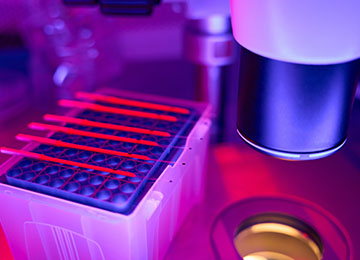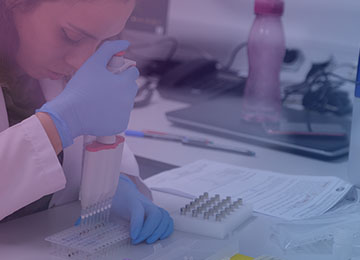The genome contains all the genetic information of the organism. Whole genome sequencing (WGS) is a method that comprehensively analyzes the entire genome in a short time.
The feasibility of WGS analysis is associated with next generation sequencing (NGS) technologies that require significant computational and biomedical resources to obtain and analyze large and complex sequence data. Analyzing the whole genome with NGS technology provides the most comprehensive way to obtain personal genetic information.
By comparing the reference genome with the individual’s genome in a single run; all variations (single-nucleotide variants (SNVs)), small insertions and deletions (InDels), copy-number variations (CNVs) and large structural variants (SVs) can be detected. By WGS, genetic variants or variants associated with the disease or some other phenotype can be detected. In addition, noncoding regions of DNA that can be examined with WGS.
The feasibility of WGS analysis is associated with next generation sequencing (NGS) technologies that require significant computational and biomedical resources to obtain and analyze large and complex sequence data. Analyzing the whole genome with NGS technology provides the most comprehensive way to obtain personal genetic information.
By comparing the reference genome with the individual’s genome in a single run; all variations (single-nucleotide variants (SNVs)), small insertions and deletions (InDels), copy-number variations (CNVs) and large structural variants (SVs) can be detected. By WGS, genetic variants or variants associated with the disease or some other phenotype can be detected. In addition, noncoding regions of DNA that can be examined with WGS.


OUR RESEARCH
WGS, among individuals suitable for testing after genetic counseling; it begins with the collection of different biological materials, such as whole blood, tissue or saliva samples. It continues with DNA extraction from biological material. Following the creation of the genome data with the new generation sequencing system, the genetic data obtained in the person so the genetic data lists are prepared (Standard bioinformatics) followed by the operation of the clinical data (Clinical bioinformatics).


